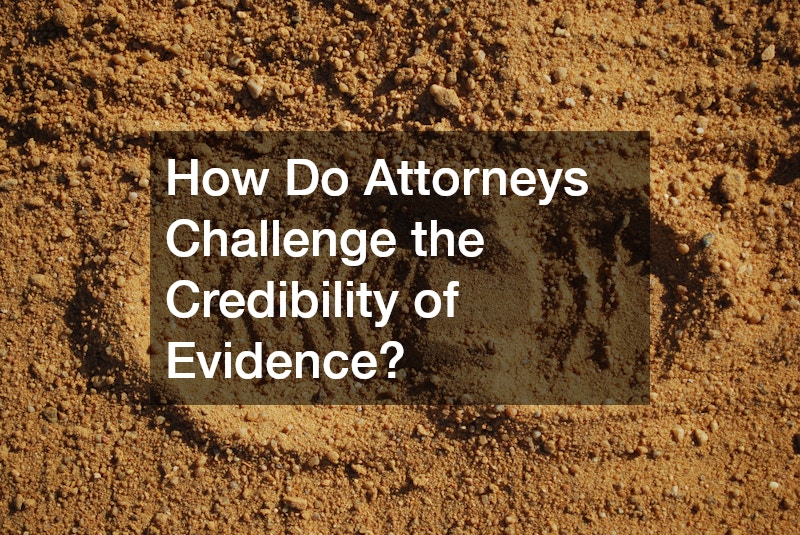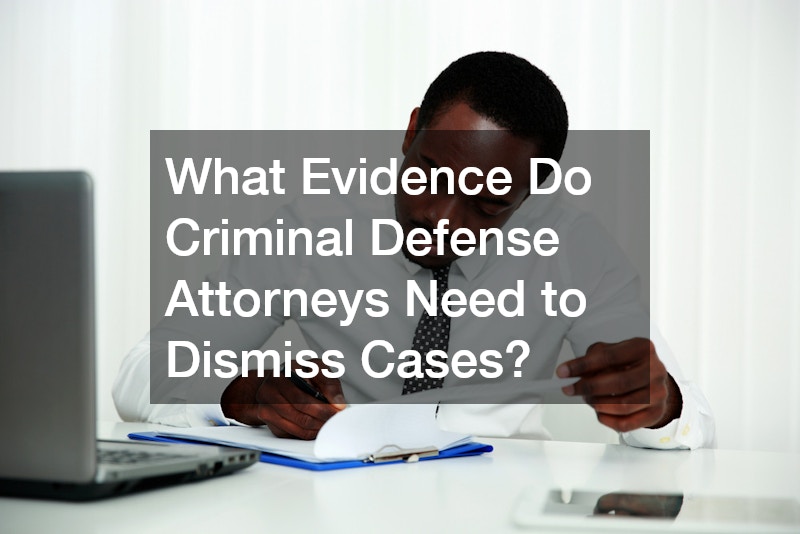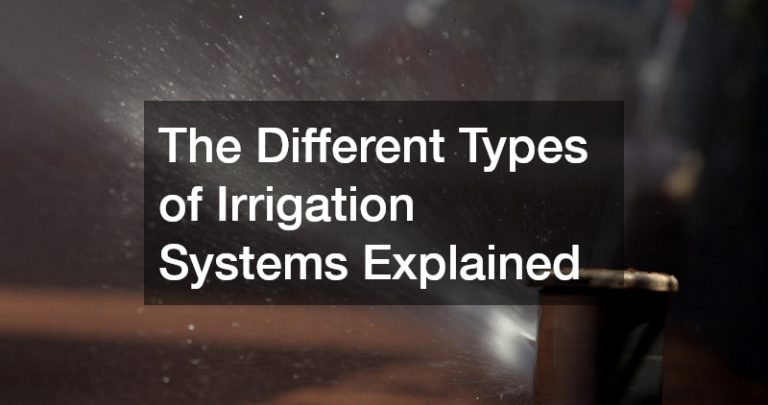In this article, we will explore the crucial evidence required by criminal defense attorneys to effectively dismiss cases. Understanding these legal intricacies not only aids attorneys in crafting compelling defenses but also sheds light on the judicial processes that ensure justice. We delve into the most frequently asked questions surrounding this topic.
What Types of Evidence Are Essential for Dismissal?
Exculpatory Evidence
Exculpatory evidence is any information that may exonerate the defendant or mitigate their guilt. This type of evidence is pivotal in persuading the court to dismiss charges.
For example, new DNA testing can reveal the innocence of an accused individual, overturning previous convictions.
The discovery of exculpatory evidence usually triggers a reassessment of the case by the defense attorney. Inadequately shared exculpatory evidence by the prosecution is a significant issue that can be tackled in court to seek dismissal. The entire justice system strives to ensure that such oversight or strategic withholding does not happen.
Defense attorneys need to work closely with their clients to uncover any such evidence. Utilizing private investigators and expert analyses can bring hidden evidence to light. This ensures that no stone is left unturned in the pursuit of justice.
Alibi and Witness Testimonies
An alibi can be a strong refutation against criminal charges, providing the defendant was elsewhere when the crime occurred. Witness testimonies, if credible, can bolster a defendant’s case by corroborating their presence elsewhere. A defense attorney’s task is to verify the credibility and relevance of such witness statements.
Obtaining and presenting strong alibi evidence can make or break a case. Witnesses who can credibly speak to a defendant’s activities are crucial in challenging prosecution narratives. Evaluating inconsistencies in the prosecution’s timelines or events is necessary for a successful defense.
Defense attorneys often face the challenge of discrediting opposing witness statements. Thorough cross-examination, exploring potential biases, and spotlighting inconsistencies play pivotal roles. By doing so, defense attorneys aim to introduce reasonable doubt regarding the prosecution’s claims.
Procedural Errors in Evidence Collection
Procedural mistakes made by law enforcement during evidence collection can result in case dismissals. For instance, failure to obtain valid warrants before conducting searches often leads to evidence being deemed inadmissible. Defense attorneys meticulously examine police reports and evidence documentation looking for such errors.
When evidence is collected improperly, it undermines the entire prosecution case. Legal standards are in place to protect individuals’ rights, and any deviation from these can be grounds for dismissal. Recognizing these procedural lapses can critically affect the case outcome.
Defense attorneys must stay vigilant and updated on procedural laws to catch any missteps by law enforcement. They subsequently file motions to suppress any evidence obtained through unlawful means. The integrity of the justice system depends heavily on adhering strictly to these procedures.
How Do Attorneys Challenge the Credibility of Evidence?

Questioning the Chain of Custody
The chain of custody refers to the chronological documentation of evidence handling. Any breaks or inconsistencies in this chain can lead to doubts about the evidence’s authenticity. Defense attorneys scrutinize each step to challenge this chain and question the validity of the evidence.
If evidence changes hands multiple times, the risk of contamination or tampering increases. It’s crucial for the defense to highlight these lapses during trial to raise doubt. This approach can be instrumental in convincing the judge or jury to dismiss questionable charges.
Defense attorneys make use of testimonies from those involved in evidence handling to uncover potential mishandling. Frequently, they unearth inconsistencies by cross-referencing documented procedures with actual practice. Such discrepancies can decisively undermine the prosecution’s case.
Expert Testimonies and Scientific Validity
Defense attorneys frequently call upon expert witnesses to contest evidence presented by the prosecution. These experts analyze the scientific basis of evidence, challenging its reliability in court. Evidence such as forensic results may be refuted if scientific methodology flaws are identified.
Recent advancements in forensic sciences reveal older, outdated methods used in many prosecutions are sometimes questionable. A defense attorney’s objective is to highlight these advancements and their implications on the case. Introducing expert testimonies becomes crucial, often swaying court opinions towards dismissal.
Expert witnesses are able to provide insights that are beyond the layperson’s understanding. By questioning methodologies and interpretations, they often provide alternative views into the evidence. The impact of such testimonies can be profound in establishing a reasonable doubt.
Challenges Related to Eyewitness Identification
Eyewitness accounts have historically been regarded as compelling evidence. However, psychological studies have shown the fallibility of human memory, casting doubt on these testimonies. Defense attorneys leverage these insights to question and challenge eyewitness identifications.
A defense strategy often involves pointing out discrepancies between different eyewitness accounts. Factors such as stress, lighting conditions, and the passage of time can affect memory recall. By presenting scientific studies on memory reliability, attorneys can effectively weaken the prosecution’s reliance on these accounts.
The identification process can also be biased if not conducted correctly. Flaws in police line-ups or suggestive questioning can introduce errors. Defense attorneys meticulously review these processes to ensure they are constitutionally sound and unbiased.
The dismissal of criminal cases hinges on the ability of defense attorneys to present viable evidence that calls into question the validity of the prosecution’s charges. By effectively identifying and leveraging exculpatory evidence, procedural errors, and credibility challenges, attorneys play a pivotal role in the pursuit of justice. This article has highlighted the importance of understanding these elements for anyone interested in or affected by the criminal justice system.





